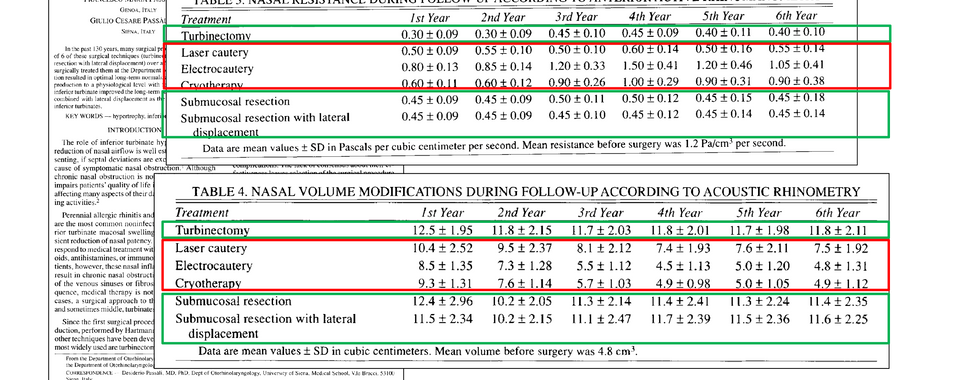Management of Inferior Turbinate Hypertrophy
- ankoortalwar
- Aug 21, 2022
- 1 min read
Rotating at the Children's Hospital of Philadelphia (CHOP) Division of Plastic Surgery was a transformative experience! Having only limited experience with craniofacial surgery, I was not sure what to expect. However, it was an absolutely dynamic learning opportunity with Drs. Swanson, Taylor, Low, and Napoli.
One of the more memorable cases I had was seeing my first rhinoplasty. In this case it was a functional rhinoplasty, and I learned about all the levels of nasal airway obstruction: deviated septum, internal nasal valve collapse, external nasal valve collapse, and inferior turbinate hypertrophy. For the first three levels, there are very standard procedures to treat them. However, there is considerable variability in treating inferior turbinate hypertrophy!
I attempted to review the literature on best practices in managing inferior turbinate hypertrophy (presentation below). Perhaps the technique with the best evidence is submucosal resection, but not by much. While there is a lot of existing literature, even a few randomized controlled trials, they are still inconclusive as to what is the best technique. There are still important questions to be answered, in particular: what instrument should we use to assess success with inferior turbinoplasty? And what differences are clinically significant?
Do you have thoughts? If so, I'd love to hear: ankoortalwar@gmail.com!






























Kommentare